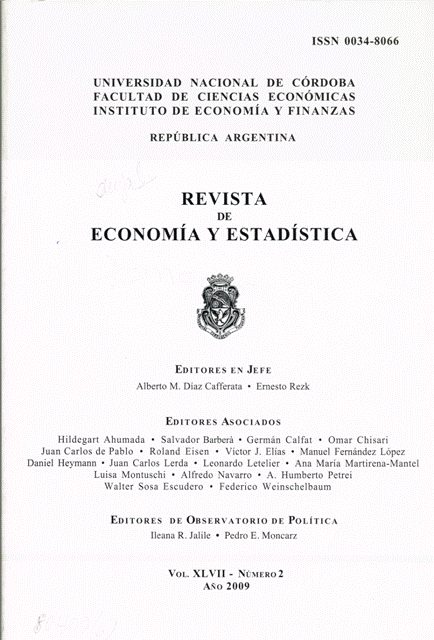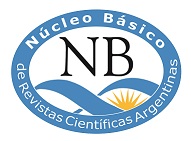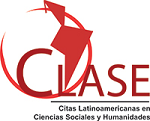Interview with Alieto Aldo Guadagni
DOI:
https://doi.org/10.55444/2451.7321.2009.v47.n2.3862Keywords:
interview, economists , Alieto GuadagniAbstract
Guadagni was born in Buenos Aires on 27 February 1932. He graduated as an accountant from the University of Buenos Aires (UBA), obtained a Master's degree in economics at Ecolatina, Santiago de Chile, and in 1967 a PhD in economics at the University of California (Berkeley). In Argentina he taught at the UBA, at the Universidad Católica Argentina (UCA), at the Instituto Torcuato Di Tella (ITDT), and in Latin America, in Bolivia, Peru, Paraguay, Nicaragua, Honduras, Dominican Republic, Panama and Costa Rica. He also held important national and international public posts. Among others, between 1968 and 1970 and between 1987 and 1991 he was Minister of Economy and Public Services of the province of Buenos Aires. He also served on a couple of occasions as Secretary of Energy of the Nation. Between 1993 and 1996 he served as ambassador to Brazil. He was also Vice-Minister of Defence and Foreign Affairs, Secretary of Industry and Commerce of the Nation, Syndic in Servicios Eléctricos del Gran Buenos Aires (SEGBA), Secretary of Water Resources of the Nation, Vice-President of the Corporación de Empresas del Estado, Secretary of the Federal Council of Investments. From 2002 and for 4 years he was Director of the World Bank. He is the quintessential applied economist. He distinguishes himself by dealing with relevant issues, and by going to the heart of the matter with diagnosis and proposals.
Downloads
Downloads
Published
Issue
Section
License
Copyright (c) 2009 Juan Carlos De Pablo

This work is licensed under a Creative Commons Attribution-NonCommercial-NoDerivatives 4.0 International License.
Authors who have publications with this journal agree to the following terms:
Authors retain their copyright and grant the journal the right of first publication of their work, which is simultaneously subject to the Creative Commons Attribution-NonCommercial-NoDerivatives 4.0 International License that allows third parties to share the work provided that its author and first publication in this journal are indicated.
Authors may adopt other non-exclusive licensing arrangements for distribution of the published version of the work (e.g. depositing it in an institutional telematic archive or publishing it in a monographic volume) as long as the initial publication in this journal is indicated.
Authors are allowed and encouraged to disseminate their work via the Internet (e.g. in institutional telematic archives or on their website) before and during the submission process, which can lead to interesting exchanges and increase citations of the published work. (See The Open Access Effect)










